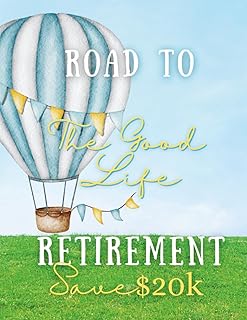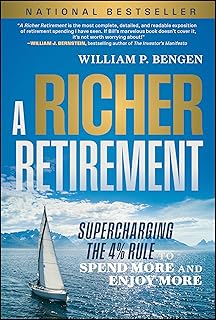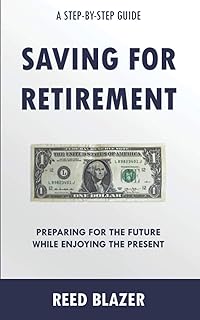The Australian Government has recently announced changes to the work test for voluntary super contributions for individuals aged 67 and over. This alteration, set to take effect in the near future, aims to provide more flexibility for those looking to boost their retirement savings. Understanding the implications of these modifications is crucial for individuals in this age group who wish to continue contributing to their superannuation.
Superannuation plays a vital role in securing one’s financial future, especially as individuals approach retirement age. By contributing to their super throughout their working years, individuals can build a substantial nest egg for their post-retirement years. However, for those planning to work beyond the age of 67, the current work test requirement poses a challenge as it mandates proof of gainful employment to make additional contributions.
Under the forthcoming changes announced in the 2021 Federal Budget, individuals aged between 67 and 74 will no longer be subject to the stringent work test for making voluntary super contributions. This adjustment is expected to simplify the process of contributing to super for this age group, allowing them to make non-concessional or salary sacrifice contributions without the need to meet the work test requirements.
While the work test exemption will open up new opportunities for older individuals to bolster their super savings, it’s essential to understand the intricacies of the exemption criteria. To qualify for the exemption, individuals must have previously met the work test and have a total super balance below a specified threshold. This exemption provides a valuable window of opportunity for retirees to continue making voluntary contributions for an additional 12 months after ceasing work.
It’s worth noting that the standard contribution caps apply to contributions made under the work test or work test exemption. These caps dictate the maximum annual contributions allowed for non-concessional and concessional contributions, with adjustments slated to take place from July 1, 2021. Additionally, any unused portions of concessional caps can be accessed using the work test exemption, offering retirees more flexibility in managing their super contributions.
Proving compliance with the work test requirements is crucial for individuals looking to make super contributions post-67. Super fund administrators oversee the enforcement of these rules and typically request a written declaration confirming gainful employment before accepting personal contributions. For employees, providing payslips as evidence of hours worked suffices, while self-employed individuals may need to furnish documentation such as invoices to demonstrate their work engagement.
As the landscape of super contributions evolves with the impending changes to the work test, staying informed and proactive is key for individuals navigating their retirement savings journey. Seeking guidance from financial advisors and super fund managers can offer valuable insights into maximizing super contributions and optimizing retirement savings strategies in light of these regulatory adjustments.
📰 Related Articles
- Survey: Majority of Older Australians Support Tax Increase on High Super Balances
- Superannuation Contribution Caps to Increase, Benefit Older Workers
- SuperGuide: Navigating Super Funds for Secure Retirement Planning
- SuperGuide: Mastering Superannuation Rules for Optimal Retirement Planning
- Simpler Super: Experts Propose Reforms to Ease Retirement Planning





